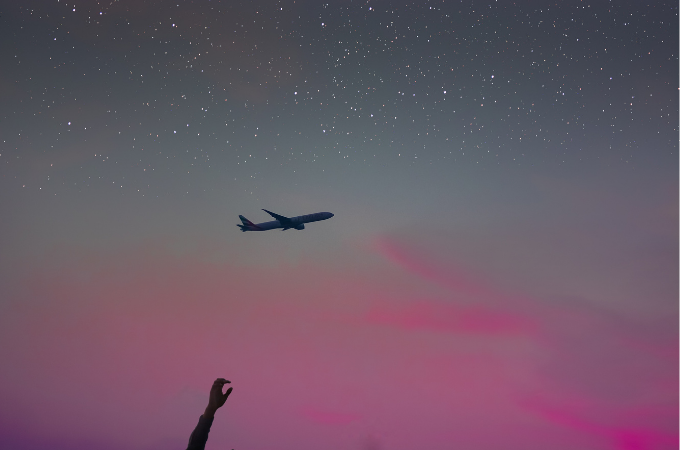
The first time I left Zimbabwe was around 2005 when, as part of a class trip, we crossed the Zambezi and drove into Livingstone, a small Zambian city a few kilometers north of the Victoria Falls border. I do not remember much of what I saw possibly because it all seemed unremarkable. Nothing beyond the language was foreign. I have a few flashing memories of vendors selling the usual wares — fruits, vegetables, hand-me-down clothes and bootlegged DVDs of the latest Nollywood movies — but then again, that could have easily been in Victoria Falls on the other side of the border. I had expected more. Of course, back then I did not realize that there was nothing natural and preordained about national borders. I did not know that the earth is indifferent to such abstractions as states or nations. That Zimbabwe and Zambia could be so similar confounded me. To add to my confusion, we had not even used passports to cross into Zambia. We simply drove through the border like Livingstone was another Zimbabwean town across the river. But back then Zambians could not have cared; 10-year-olds could not take their jobs or ‘take their women’ as adult Zimbabwean men have sometimes been accused of doing. The border was not for harmless 10-year-olds.
The second time I left Zimbabwe was in 2019 to visit a deceptively nondescript house in the southern suburbs of Cape Town for a scholarship interview. This had been the former South African President, Nelson Mandela’s home. By then I was twenty-four and leaving Harare felt like an accomplishment. For starters, I had spent three weeks queueing for my passport on account of a lack of ‘passport paper.’ Finally getting the passport and using it felt like victory. Yet when I landed at the Cape Town International Airport, I could not help but feel the immigration officers’ vexation laced with resignation upon noticing my green passport embossed with the Zimbabwean court of arms. I imagine them thinking, “Not another Zimbabwean!” I flew out of Cape Town two days later only to return with bulkier bags after four months, hoping to stay for a couple of years this time.
Like many of my peers, leaving Zimbabwe had long become aspirational. As children, we had seen the neighbors who left the country driving back in cars with the signature South African Gauteng Province ‘GP’ number plates. We had seen them extending their houses to contain their newly found success and to our envy, their children went to school in crisp uniforms, new satchels and shiny shoes after every school holiday. Those who went beyond South Africa even moved out of the locations to middle density suburbs with more space, less gossip and less witchcraft to threaten their fortunes. The then President, Robert Mugabe, was known to make snide comments about these ‘diasporans’ and how they were leaving their homes to ‘bathe and clean after old men and women in the United Kingdom.’ Oh, how that Mugabe knew how to make us feel good about our poverty and the indignities of daily life in Zimbabwe! We were meant to take solace in not being the ones cleaning the bottoms of English grandfathers and grandmothers. A group of ruling party youths (who probably got farms for their efforts) even sang a very catchy song interpolating the President’s derision of Zimbabweans in the diaspora.
We laughed with the rest but secretly wondered why our own parents chose the daily embarrassments of waiting in line for cash, for sugar, for salt and everything else under the sun save for air rather than swallowing their pride and going to clean English bottoms. However, we did not know it could take over a year to get a passport. We were too young to realize that after the passport one had to get a permit and after the permit, the airfares and then deal with the emotional and mental tax of being foreign. The list of ordeals is long, but I am not sure it can ever compare to the desperation of sinking savings, the unpredictability of the economy, and the predictability of joblessness.
***
When I came to South Africa, I did not truly understand what it meant to be a foreigner. Being Zimbabwean in a country of Zimbabweans is a passive and neutral existence. It is effortless because it is the norm. No one questions your presence. On the other hand, being a Zimbabwean in another country, much like being African in another continent, teaches you what others perceive of your identity. It feels like playing a part in some elaborate play whose script you cannot change. I soon learnt that what had been my passive existence for almost 25 years had a socio-economic meaning in South Africa. Zimbabweans were a burden. It left me at a loss for how to react to hashtags and online movements about us and why we had to go back to our country. I wanted to be pained by the rejection, but I realized this country owed me nothing. Instead of pain, I felt embarrassed. I was embarrassed by the sheer number of us in South Africa, a young democracy with its own demons of inequality and unemployment to face. When I heard my mother tongue in shopping malls, hospitals and in taxis, I prayed the ground would swallow me. I wanted to apologize to every South African in sight. On requesting an Uber, a distinctly Zimbabwean name like Lovemore or Success would pop up. While others seemed to find comfort in the familiarity of being surrounded by other Zimbabweans, I found it rather unbearable. My awareness of my attempts to distance myself from my country only further burdened me with more confusion about who I thought I was and who I could be in this country. I was becoming a foreigner to myself.
To be in a foreign land is to lose yourself to strangers. It is to lose nuance and complexity — to be reduced to nothing but a Zimbabwean. It is a mathematical exercise of being reduced to the lowest common terms with people whose only similarity to you is country. You lose individuality. Personhood is left at home. Being a foreigner is a great vanishing, an unseeing. Every time you miss home, you are in truth yearning for the days you were real, the days you were seen in your fullness. The days you were more than just a Zimbabwean. Who we truly are never makes it on these flights and buses. It is a great vanishing — an erasure of full people.
***
Lately I have taken to streaming Zimbabwean radio and following Zimbabwean trends on social media. It is my way of gathering and piecing myself back together. My sister must be exhausted of getting updates about what is happening around her from me. I send her the memes doing the rounds on Zimbabwean Twitter, the latest on a popular cleric who confessed to cheating on his wife and the latest Covid19 news. Perhaps annoyed by my persistent need to prove I am still part of everything, she once told me, “I think you people outside the country fear if you lose touch with what is making your friends and family laugh, you have lost your Zimbabwean-ness.”
She laughed to blunt the sting, but I knew she was right. I only listen to these strange radio shows about women who claim to have given birth to frogs in rural Zimbabwe and read intrusive articles about popular personalities I never before cared for just so I can stay myself. This way, I might remain a foreigner to everyone I meet in the streets of Cape Town but not to myself.
I now understand that I might remain an economic Nomad finding greener grass on an ever shifting ‘other side.’ If I am to survive this, I will need to carry home within myself. It is with such self-sufficiency and boldness that humanity has made homes out of unventured worlds. Had our ancestors timidly held on to what they knew, the success of our sprawling civilizations across continents might never have happened. Had the generation before me timidly stayed in Zimbabwe as the economy crashed, who knows what would have become of us — of our country? In the Global South, time and circumstance have consistently demanded that we muster the fortitude to venture into the unknown hoping the unseen will be better than our present realities of poverty, political violence, war and unemployment. It is an exercise in blind faith. We are forced to face frustrating bureaucratic red-tape, hostility and rejection. Slowly, we lose ourselves. We vanish. At the end of these necessary travels, we emerge foreigners to ourselves.
***********
Photo by Ali Abdul Rahman on Unsplash


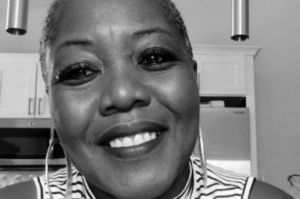

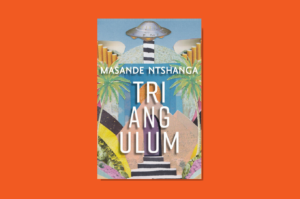
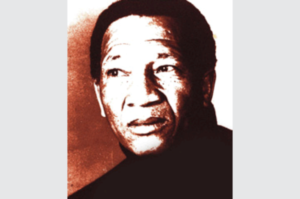
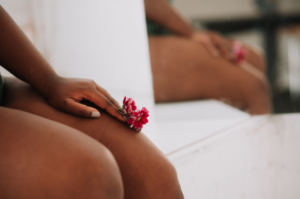


Adepoju, Isaiah Gbenga May 12, 2021 10:16
Reading about the diasporic prepares me somewhat for an inevitable, forthcoming, loss; of home, of familiar smell, of things i can safely protect myself in - streets, people, speaking, etc, etc. In every sojourn where we find ourselves in the face of queer faces, with queer modes of interrelation, receding into the comfort of self is natural. It what happens to animals when they are in hostile surrounding. They lay up a bulwark, some form of defense against defiling the autochthonous identity; ah - I must confess I covet those words by your sister. They capitulate the whole scenery. However, I didn't complete my allusion to the feeling of the Diasporic in Animals; adaptation to foreign environment is not the crudest thing to do. What is most difficult, impossible even, is to reclaim the amount of nativity of one's home and homecoming. Which validates your last sentence in my consciousness: "We vanish. At the end of these necessary travels, we emerge foreigners to ourselves."